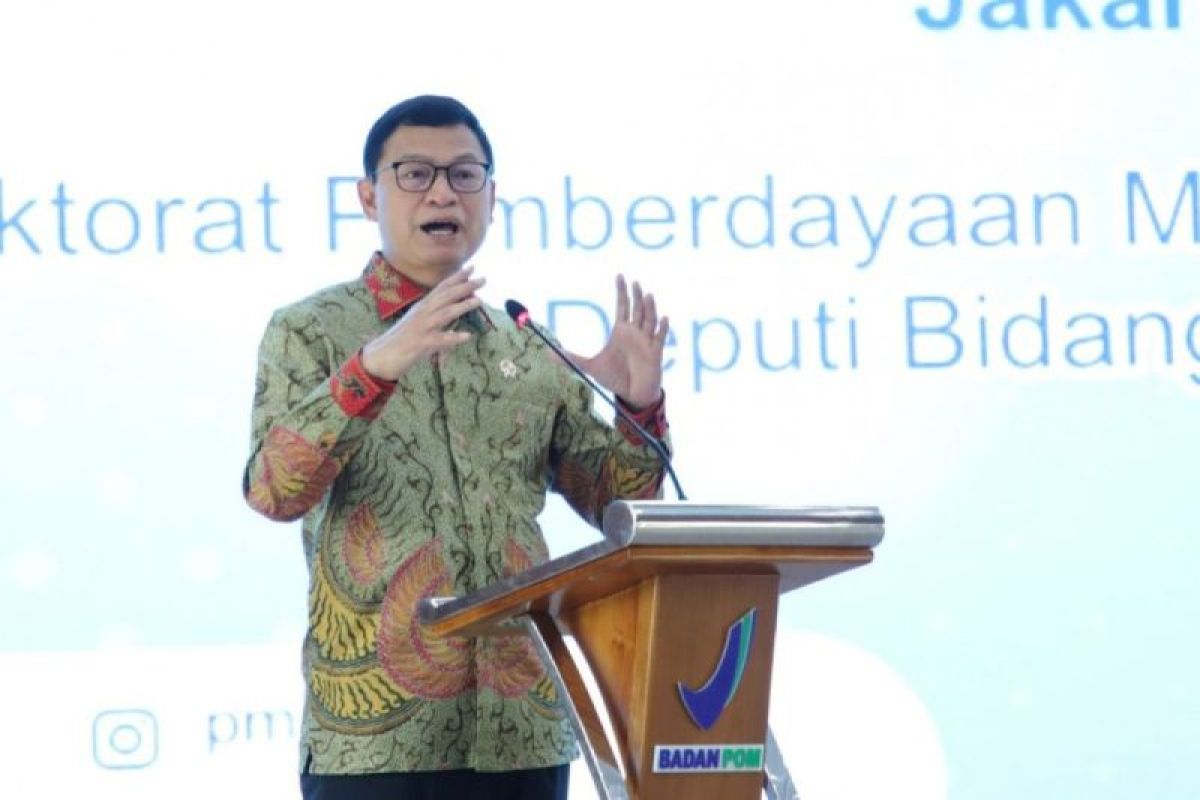BPOM head Taruna Ikrar said here on Wednesday that cancer drugs are among innovative products.
"If the certification process is quick and we can produce the raw materials domestically, the prices will decline," he told the press.
In addition, the BPOM will include the retail price ceiling to ensure the prices are not manipulated.
According to Ikrar, the current challenge is that the research, development, and clinical trials of cancer treatment are still very costly.
Earlier, the Indonesian government said that it has created the 2024–2034 National Cancer Plan to handle four types of cancers on priority—cervical cancer, breast cancer, lung cancer, and colorectal cancer—besides other cancers.
Director of non-communicable diseases prevention and control at the Ministry of Health, Siti Nadia Tarmizi, said here on Wednesday that the National Cancer Plan targets not only health workers but also the pharmaceutical industry, the medical supplies and equipment industry, and the public.
"The provision of domestic drugs and medical devices is important for the development of cancer services. Access to drugs that are still rare and expensive is a big issue in the health industry to improve access to services," she said.
Tarmizi noted that cancer is one of the catastrophic diseases, with around 408,661 new cases and 242,988 deaths recorded every year.
Furthermore, she said that among adults, the mortality rate is still 70 percent, meaning that the survival rate is still very low.
Meanwhile, for childhood cancer, almost 70–80 percent of cases lead to death because they are generally detected at stage 3 or 4.
Related news: Govt developing cyclotron network for cancer treatment
Related news: Indonesia launches national plan for cancer prevention and control
Related news: Indonesia committed to strengthening early cancer detection: Minister
Translator: Mecca Yumna, Raka Adji
Editor: Azis Kurmala
Copyright © ANTARA 2025












